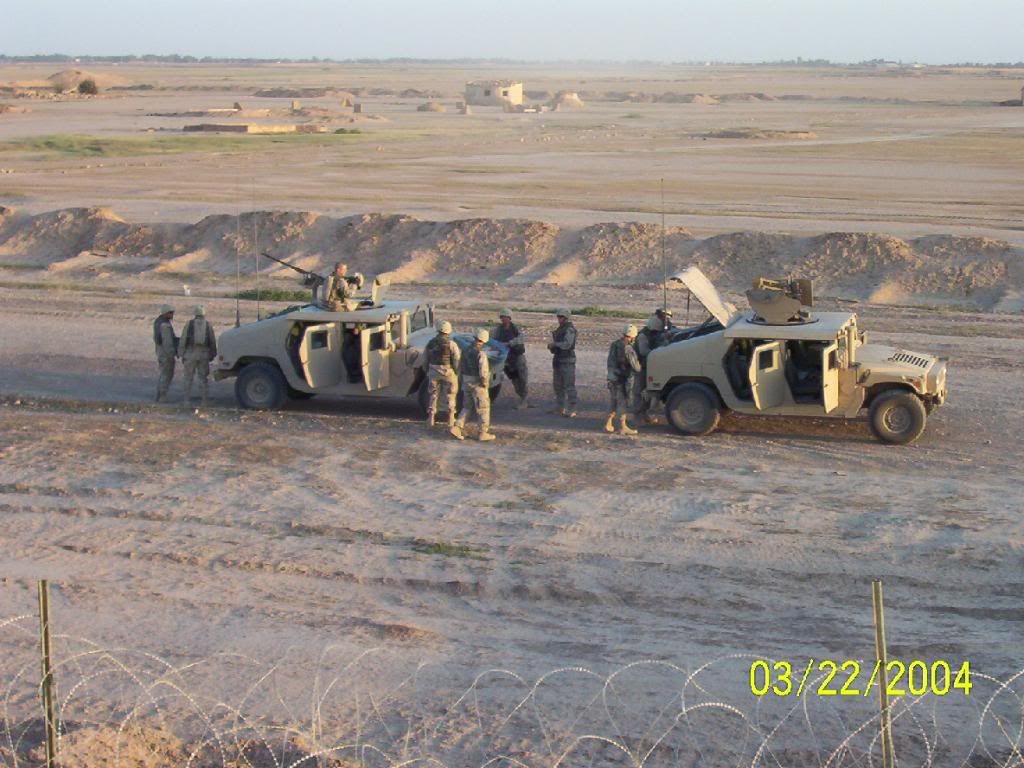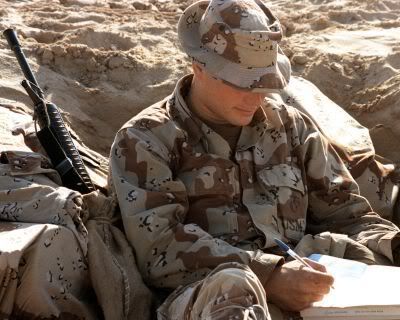 To better understand the symbolism and the meaning behind Atwood’s book, it would be good to research the history of women’s rights around the world and the current rights that women have in different cultures. By doing this, it will help to create a database from which the symbolism can be compared to. For example, the white masks that the women are required to wear today may have been derived from the original practice of Christian that women had to have their heads covered in church, and in some cases to wear a veil. It may also be derived from the Muslim tradition of having the women completely cover themselves head to toe in a burka. The different colors of the outfits that the women wear could possibly be derived from the old laws in England stating that what specific colors, fabrics, etc that nobility down to peasantry were allowed to wear. This meant that the color and type of clothing that you wore was an outside display of your place in society. There are other things that could show up in the research that would help with understanding the book. It is possible that Atwood could have created the events in the book from reported instances that have happened or she could simply be using an event that happened as the form for creating the scene and circumstances that the characters experience and go through. Certain areas of focus however would be to look at the history of women’s rights in the United States, China and Muslim countries. These three areas of focus are the most known to popular culture and mass media so there will be plenty of articles and documentation of events that have happened within these three societies. These things that have happened in the past will help us understand the history of women’s rights and help clarify the different things that Atwood speaks about in her book.
To better understand the symbolism and the meaning behind Atwood’s book, it would be good to research the history of women’s rights around the world and the current rights that women have in different cultures. By doing this, it will help to create a database from which the symbolism can be compared to. For example, the white masks that the women are required to wear today may have been derived from the original practice of Christian that women had to have their heads covered in church, and in some cases to wear a veil. It may also be derived from the Muslim tradition of having the women completely cover themselves head to toe in a burka. The different colors of the outfits that the women wear could possibly be derived from the old laws in England stating that what specific colors, fabrics, etc that nobility down to peasantry were allowed to wear. This meant that the color and type of clothing that you wore was an outside display of your place in society. There are other things that could show up in the research that would help with understanding the book. It is possible that Atwood could have created the events in the book from reported instances that have happened or she could simply be using an event that happened as the form for creating the scene and circumstances that the characters experience and go through. Certain areas of focus however would be to look at the history of women’s rights in the United States, China and Muslim countries. These three areas of focus are the most known to popular culture and mass media so there will be plenty of articles and documentation of events that have happened within these three societies. These things that have happened in the past will help us understand the history of women’s rights and help clarify the different things that Atwood speaks about in her book. http://www.associatedcontent.com/article/1451439/womens_rights_in_china_today.html?cat=17Article on women's rights in China


